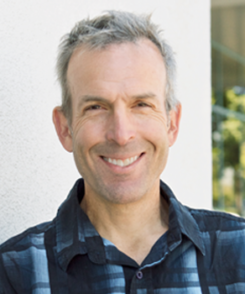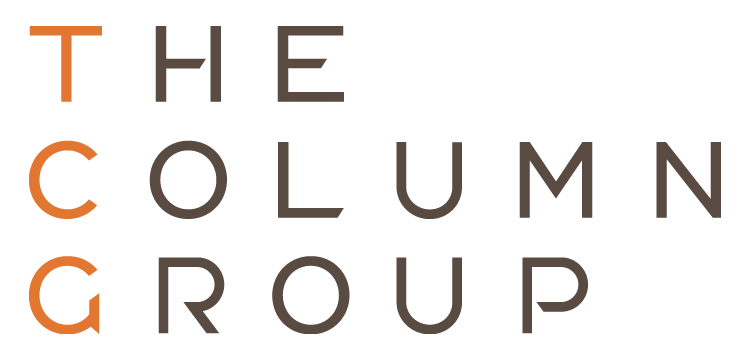
K. Chris Garcia, PhD
K. Christopher Garcia, PhD is a Professor of Molecular and Cellular Physiology, and of Structural Biology at the Stanford University School of Medicine. He received his BS in Biochemistry from Tulane University, and his PhD in Biophysics from Johns Hopkins University. After two years of post-doctoral work at Genentech, Inc. under Dr. David Goeddel in the Dept. of Molecular Biology, where he learned the emerging technologies of protein engineering and recombinant protein expression, Dr. Garcia moved to a second post-doctoral fellowship at The Scripps Research Institute in the laboratory of Prof. Ian Wilson, where he succeeded in determining the first crystal structures of the T cell receptor and then its complex with peptide-MHC. In 1999, Dr. Garcia started his lab at Stanford University School of Medicine in 1999 where he
also became an Investigator in the Howard Hughes Medical Institute. Dr. Garcia was elected to the National Academy of Sciences in 2012, and the National Academy of Medicine in 2016.
Dr. Garcia’s interests reside at the cell surface, and his laboratory is investigating structural and functional aspects of cell surface receptor recognition and activation, in receptor-ligand systems with relevance to human health and disease. Structural information on receptor-ligand complexes is used to engineer variant proteins and/or surrogates to manipulate receptor signaling and cellular function, with an eye towards therapeutic applications. The receptor systems studied derive principally from the immune system (TCR/MHC, cytokines, chemokine GPCR), but additionally encompass several systems that are also important in neurobiology (Neurotrophins, Semaphorins) and development (Notch, Wnt). A focus is on “shared” pleiotropic receptors, to understand the biophysical basis by which different ligands are able to elicit unique intracellular responses and functional outcomes, and to exploit this information to engineer receptor-specific ligands Dr. Garcia has founded or co-founded several biotech companies that are attempting to clinically develop technologies from his lab, including ALXO (SIRP/CD7 antagonist), Synthekine (cytokine engineering), Surrozen (Wnt agonists), 3T (TCR antigen discovery), and Mozart (immune modulation by regulatory T cells).
Board of Directors: InduPro
Scientific Advisory Board: Synthekine (Chairman), Surrozen

